Welcome to Catchment Solutions!
The Catchment Solutions Project aims to enhance rural capability and capacity to help achieve improved freshwater quality outcomes in rural catchments across New Zealand.
We take a collaborative and co-learning approach; catchment communities, including iwi/hapu perspectives, working together with land and water scientists and advisors to identify key water quality contaminants and their critical flow pathways, and design and demonstrate targeted and effective edge-of-field water quality mitigation practices.
By focusing on the identification and management of critical flow pathways, we collectively enhance our capacity to reduce losses of contaminants from agricultural lands to receiving waters.
FRESHWATER QUALITY
Discover the importance of freshwater quality in your local landscape and environment. Learn about effective ways to diagnose stream health and identify potential contaminant losses from the land.
VIRTUAL TOURS
Take a virtual tour of our pilot demonstrations of innovative edge-of-field water quality mitigation practices. Learn about their suitability, design construction, operation, and performance in different farming environments.























